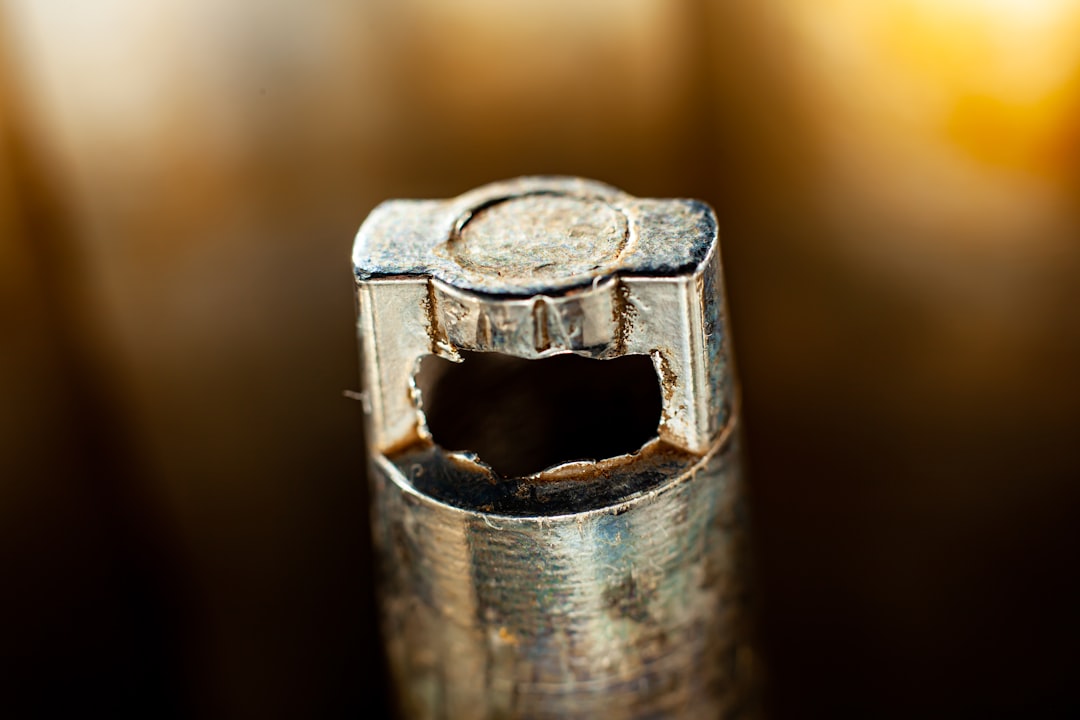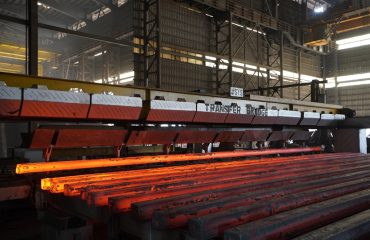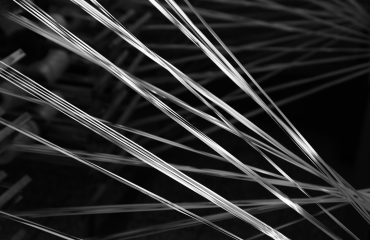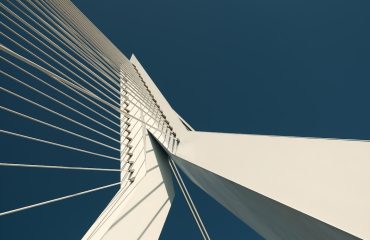Corrosion in pipes is a significant problem, leading to costly repairs, leaks, and potential environmental damage. Protecting pipelines from the ravages of rust and degradation is crucial for maintaining infrastructure integrity and longevity. Primer-coated pipes offer a robust and effective solution, significantly enhancing corrosion resistance and extending the lifespan of your piping systems. This comprehensive guide delves into the world of primer-coated pipes, exploring their benefits, applications, and the science behind their effectiveness.
Understanding the Science Behind Primer-Coated Pipes and Corrosion Resistance
Corrosion is a natural electrochemical process where a metal reacts with its environment, typically through oxidation. In the case of pipes, this often involves the interaction of iron (in steel pipes) with oxygen and moisture, leading to the formation of rust. A primer coat acts as a barrier, preventing this interaction. The primer adheres to the pipe’s surface, creating a protective layer that isolates the metal from corrosive elements. This barrier prevents the penetration of moisture and oxygen, significantly slowing down or completely halting the corrosion process. The type of primer used significantly impacts the effectiveness of this protective layer.
Types of Primers Used for Corrosion Protection on Pipes
Several types of primers are employed for pipe coating, each offering unique properties and advantages:
- Epoxy Primers: Known for their excellent adhesion, chemical resistance, and durability. They offer superior protection against a wide range of corrosive environments.
- Zinc-Rich Primers: These primers contain a high percentage of zinc particles, which provide cathodic protection. The zinc acts as a sacrificial anode, protecting the steel pipe even if the primer layer is slightly damaged.
- Acrylic Primers: Often chosen for their ease of application and good adhesion. While not as robust as epoxy or zinc-rich primers, they offer decent protection in less aggressive environments.
- Polyurethane Primers: These primers provide excellent flexibility and impact resistance, making them suitable for pipes subjected to vibration or mechanical stress.
- Coal Tar Epoxy Primers: These offer excellent resistance to soil and water, making them ideal for underground pipelines. However, environmental concerns have led to reduced use in some regions.
The Application Process of Primer Coatings on Pipes
The successful application of primer coatings is crucial for optimal corrosion protection. The process typically involves several stages:
- Surface Preparation: This is the most critical step. The pipe surface must be thoroughly cleaned to remove rust, mill scale, dirt, and other contaminants. Methods include blasting, grinding, or chemical cleaning.
- Primer Application: The primer is applied using various methods, including spraying, brushing, or dipping, depending on the pipe size, type of primer, and project requirements. Multiple coats may be necessary to achieve the desired thickness and protection.
- Curing: After application, the primer needs sufficient time to cure properly. This allows the primer to fully harden and develop its protective properties. Curing time varies depending on the primer type and environmental conditions.
- Topcoat Application (Often): In many cases, a topcoat is applied over the primer to provide additional protection and enhance the overall durability of the coating system.
Benefits of Using Primer-Coated Pipes
Investing in primer-coated pipes offers numerous benefits:
- Extended Pipe Lifespan: By preventing corrosion, primer coatings significantly extend the service life of pipes, reducing the frequency of replacements and associated costs.
- Reduced Maintenance Costs: The reduced need for repairs and replacements translates to significant savings on maintenance and downtime.
- Improved Safety: Corrosion can lead to leaks and structural failure, posing safety risks. Primer-coated pipes minimize these risks.
- Environmental Protection: Preventing corrosion reduces the release of harmful substances into the environment.
- Enhanced Reliability: Primer-coated pipes ensure consistent and reliable performance of piping systems, minimizing disruptions.
Common Applications of Primer-Coated Pipes
Primer-coated pipes find applications across various industries:
- Oil and Gas Industry: Protecting pipelines transporting hydrocarbons from corrosion is paramount. Primer-coated pipes are essential in this sector.
- Water Distribution Systems: Ensuring the integrity of water pipelines is crucial for public health. Primer coatings help prevent contamination and maintain water quality.
- Chemical Processing Plants: Pipes handling corrosive chemicals require exceptional protection, making primer coatings a vital component.
- Construction and Infrastructure Projects: Primer-coated pipes are used extensively in various construction projects, from building water systems to underground utilities.
- Marine Environments: Pipes exposed to seawater require specialized coatings with exceptional corrosion resistance, and primer coatings are often used as the foundation for these systems.
In conclusion, the use of primer-coated pipes is a strategic investment that provides long-term benefits. By understanding the science behind primer coatings, the various types available, and the application process, you can make informed decisions to protect your infrastructure and ensure its longevity. The superior corrosion resistance offered by primer-coated pipes makes them an indispensable component in numerous applications, safeguarding against costly repairs and maintaining operational efficiency.
SEO Tags: primer coated pipes, corrosion resistance, pipe coatings, corrosion protection, pipeline protection




